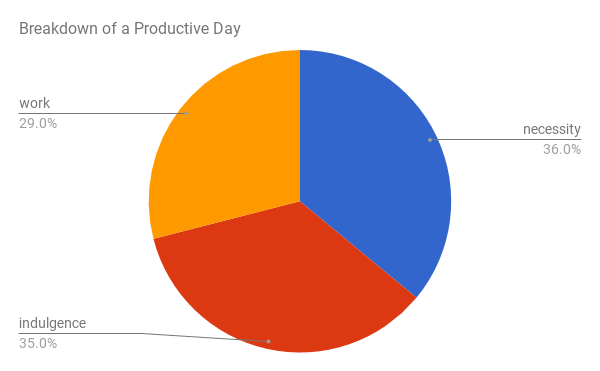The Trying Game
Random
is defined by a chance process. We do not know what exactly will happen next, but we can assign a probability that approximates the distribution of the chance process in the long run.
In life, not many things follow probability. Dice rolls may be random, but within a game that rolls the dice a hundred times, the results are not uniform at all. We can say that the game is random, and it takes luck to win the game.
 |
| Photo by me from Pixel 2 XL. |
Luck.
Many see luck as an abstract cause of something good that happened. You met the right person at the right time today? That's luck.
Others see luck as the intersection of opportunity and preparation. You met the right person at the right time, because you have been preparing for potential meetings directly or indirectly and acted upon the opportunity that came up.
Either way, cause and effect relationships cannot perfectly explain events in life. That is the reason we use "luck" and "chance" to describe life.
Repeat.
When playing Sorry, you have to roll a six to move your piece onto the board. If you haven't rolled a six, you keep rolling until you do.
Life requires tries as well. Maybe there is this game that you want to win; if you don't win the first time, you may try again.
When I lose at a game, I want to play again to win and taste the sweetness of success. If I keep losing, I usually try to keep playing. The more I lose, the more I want to taste success.
Repetition is a mentality that we adapt to get what we want. Each time, we give our best shot at something to try and win it. However, repetition does not always lead to success. In fact, repetition usually leads to more failure.
 |
| Flowers in Snow - Photo by me from Pixel 2 XL. |
Growth.
It is easy to get caught up in a maelstrom of failures. The more you try, the more you fail. This may seem counterproductive, but actually, this is how randomness works. If the probability of winning something is 1 percent, and you try 10 times, there is a 90 percent chance that you lose all of your games.
The limiting factor is that in life, we do not have the resources to try 100 or 200 times. We only have so much time, energy, and motivation. This is why when we try, it matters so much. However, our limitations do not increase our chances of success because everyone is equally limited by time. So maybe winning does depend on luck.
Whether you win or lose, you are growing and moving on. You used up one of your tries, but you still have ample amount of tries left, and those tries hold a lot of potential.



Comments
Post a Comment